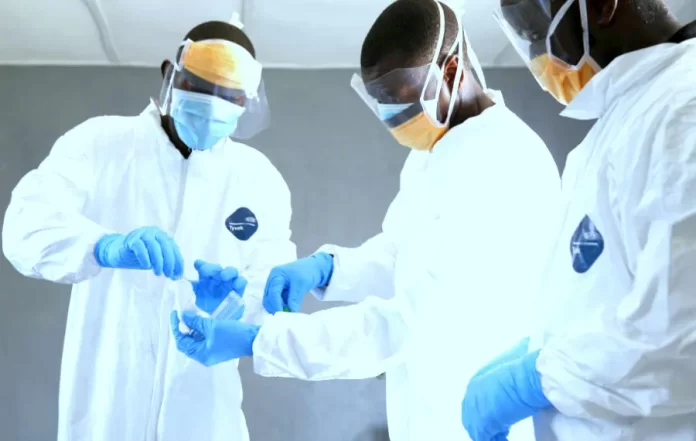The Kwara State government has raised concerns over the declining number of medical doctors in the state’s health facilities, attributing the shortage to the ongoing brain drain, commonly referred to as ‘Japa’ syndrome.
The issue was discussed during the 2025 first-quarter inter-ministerial press briefing organized by the Ministry of Communication in Ilorin, where officials outlined the challenges faced in recruiting and retaining medical professionals.
Shortage Despite Recruitment Efforts
Speaking at the event, the Executive Secretary of the Kwara State Hospital Management Board, Dr. Abdulraheem Abdulmalik, acknowledged that despite Governor Abdulrahman Abdulrazaq’s directive for the hiring of doctors, the board has struggled to find qualified personnel to fill vacancies.
“We have approval of His Excellency to recruit doctors, but we can’t just find the doctors to recruit. Doctors are hot cakes now. If a doctor resigns in the morning, he will get another job in the afternoon,” he stated.
Dr. Abdulmalik revealed that the state currently has only 99 doctors on its payroll, far below the required number of 180 to 200. However, a recent salary increase has led to some doctors returning to service.
“The three medical doctors that left the service returned after the recent increase in doctors’ salary by the Governor. We actually had 96, but after His Excellency increased the salary, three of them that ‘Japa’ came back. So, we have 99 right now. We’re expecting more at the moment because we need about 180 to 200 medical doctors,” he noted.
Solutions to Improve Healthcare Access
To address delays in medical services, the board is developing a software application that will enable patients visiting the state’s 45 health facilities to access real-time information on the availability of doctors. The initiative aims to reduce waiting times and prevent incidents where critically ill patients collapse while waiting for medical attention.
The doctor shortage is particularly severe in rural areas, prompting the board to consider improved remuneration and incentives to attract professionals.
“The remuneration will be at par with what is obtainable in the western world where most of the doctors were leaving for greener pastures,” Dr. Abdulmalik added.
In addition, the state government has devised a retention strategy to bridge the gap in medical personnel over the next four years. As part of this effort, the government will sponsor medical students for a set period, after which they will be required to work for the state before considering other opportunities.
“On recruitment, we have presented a prerequisite to the Governor on actually harvesting doctors from medical schools. So, the state government sponsors you as a student for maybe a year or two, and you pay back by working for the state for those two years in which the state has invested in you,” he explained.
Nurses Less Affected by ‘Japa’ Syndrome
Addressing concerns about nurse migration, Dr. Abdulmalik noted that while some nurses leave for opportunities abroad, the situation is not as dire as it is for doctors.
“They will ‘Japa,’ regardless, but we are not as desperate for the nurses as we are for doctors because the social circumstances favor nurses staying in the country,” he said.
“Most of the nurses are women, and their movements depend on where their husbands are stationed. Some do ‘Japa,’ but we are not as desperate for nurses,” he added.
Like 👍, Comment, share this article, and Follow us on our social media handles.







